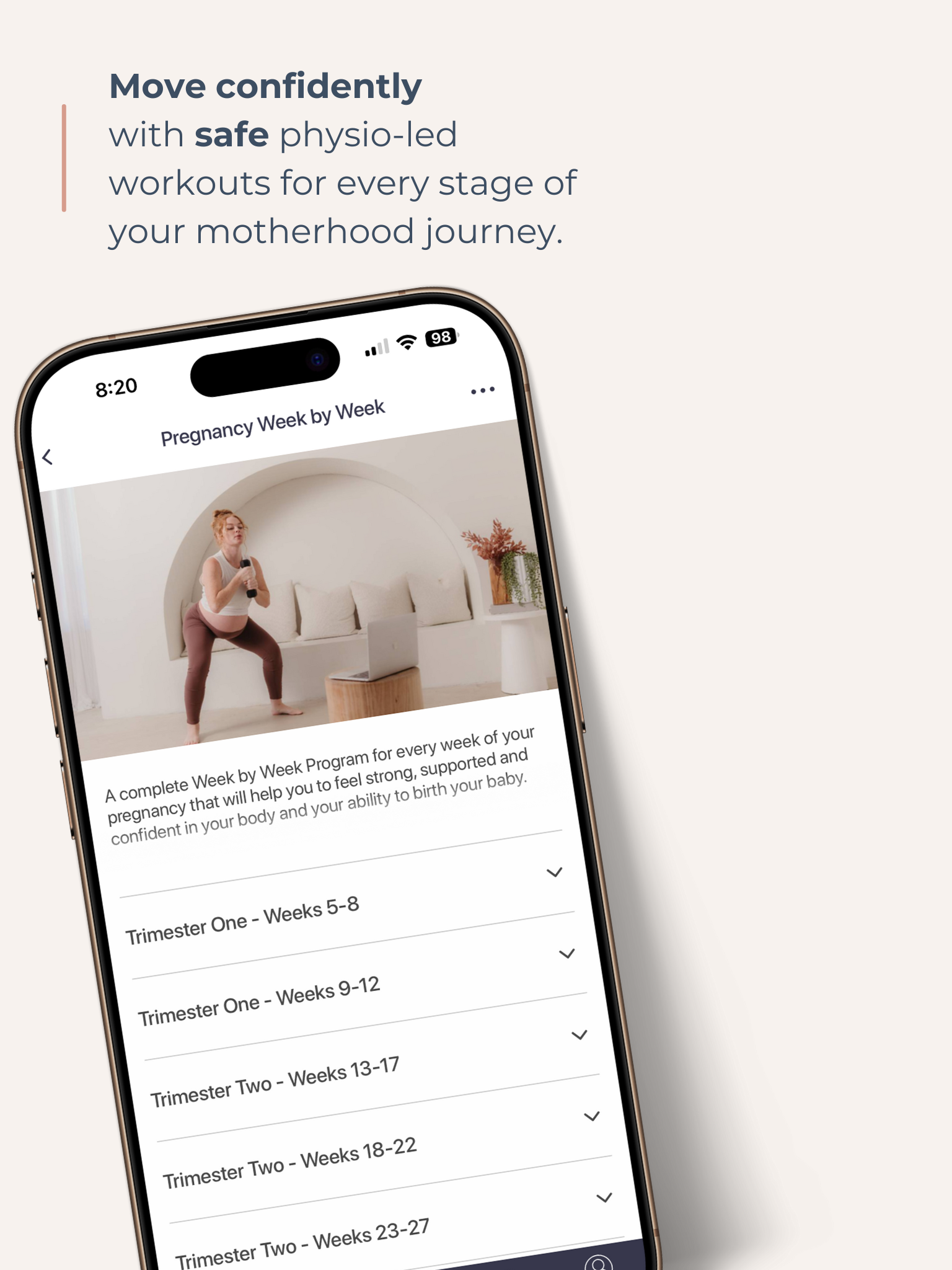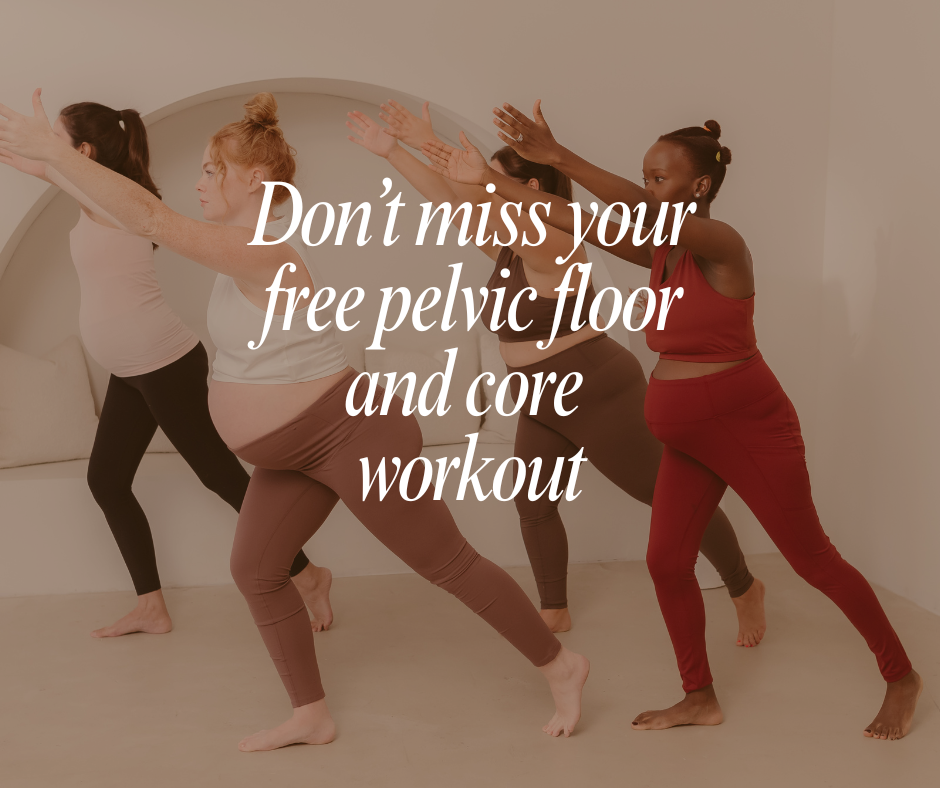A sleep consultant shares her top tips to support healthy sleep for the whole family

Written by Emily de Kort- Sleep Consultant and Founder of Family-Centred Sleep
As a holistic sleep consultant and a mum, I know firsthand how crucial yet elusive, good sleep can be. Whether you’re a new mum navigating those sleepless nights or an experienced mum seeking better sleep solutions, I’ve got you covered.
The Sleep Struggle: You're Not Alone
Sleep deprivation is brutal. I vividly remember my early days with my first son, who struggled with sleep for the first 11 months. Those chaotic nights taught me invaluable lessons. Seeking help and learning from experience led to creating the Family Centred Sleep approach, transforming his sleep (and ours) within two weeks. My second son, now 2, is a predictable sleeper, napping two hours daily and sleeping 11-12 hours at night. Trust me, I get it. I’m right there in the trenches with you! And I am living proof that sleep deprivation is torturous, but I know what it’s like on the other side!

Separating from Sleep Training Rhetoric
From the outset, let’s clear something up: I distance myself from the sleep training narrative that revolves around 'training' babies to sleep, often involving unnecessary crying. Instead, I focus on fostering lifelong healthy sleep habits. It’s about practical and sustainable change, not 'cry it out' methods. I understand that you may have already tried several strategies to support your newborn or infant's sleep. Sometimes, finding the best sleep routine for your family takes time and patience. I hope the tips I share below will provide additional tools or resources to support you and your family.
1. Why Sleep Matters: The Science Behind Rest
Quality sleep is vital for both you and your baby. When you are deprived of sleep, everyday tasks that once felt easy now feel insurmountable. Issues that would not have previously bothered you now feel like they might break you. Research shows that sleep is essential for infants' brain development, physical growth, and emotional well-being. For mums, adequate sleep supports mental health, physical recovery, and overall well-being.
A study published in the Journal of Child Psychology and Psychiatry found that better sleep in infants is associated with improved cognitive performance and emotional regulation. For mums, the National Sleep Foundation highlights how quality sleep can reduce the risk of postpartum depression and physical recovery and improve overall life satisfaction.
2. The Role of Circadian Rhythms and Sleep Pressure
Sleep is regulated by our body clock (circadian rhythm) and sleep pressure. Research has shown that a well-regulated daily routine, starting from 4-6 months, is critical to quality sleep. An age-appropriate daily routine creates predictability for the whole family. This doesn't mean you have to be stuck at home; in fact, many parents find it gives them more flexibility and predictability to their days.
3. Myth Busting Wake Windows
Wake windows can be useful, but relying solely on them (from 4-6 months old) can lead to multiple night wakings, early morning wakings, catnapping, and extra naps that aren't necessary for your baby’s age, resulting in unpredictable sleep. A consistent and predictable daily routine looks like your baby waking, napping and going to bed at basically the same time each day. It’s not robotic; it regulates their circadian rhythm and promotes better sleep. Following nap times leads to your baby’s body just ‘knowing’ when they need sleep (which will end up at the same time each day); this then ticks off their age-appropriate wake window anyway!
4. The Power of a Winddown Routine: More Than Just a Bedtime Routine
A winddown routine is a cornerstone of bedtime and is one of my favourite, most underrated, tried and tested ‘techniques’. It serves as a sleep cue, helping your baby settle for sleep, co-regulating your baby and preparing them to settle their bodies, all while having this nourishing, snuggly & cuddly time together that our babies all need and love before bed! The Family Centred Sleep nourishing winddown routine goes something like this: after a milk feed, but before being put into the cot/bed …. Turn on the white noise, put on the sleeping bag, read a book or 2, sing a song or 2 (slow dance if that’s your style), then “I love you, it’s time for sleep” pop them in their sleep space. It’s simple, predictable and can easily be repeated. Providing connection and relationship building is a must for quality sleep.

5. Developmental Needs and Sleep
Contrary to common belief, 'sleep' doesn’t necessarily change over time; while sleep remains relatively consistent (see below), our developmental needs evolve, influencing our sleep requirements. Infants and children have higher sleep needs due to rapid development, necessitating ample opportunities for sleep throughout the day, including naps and 11-12 hours of sleep overnight. This underpins why I focus on lifelong sleep skills. Around 6 months old, sleep cycles align with those of adults, averaging 90 minutes. Tailoring sleep patterns to your child's developmental stage ensures they receive the quality sleep necessary for growth and development.
6. Beyond Sleep Training: A Holistic Approach
Sleep is multi-dimensional, which is why typical sleep training methods, like 'cry it out', don’t work long-term. Instead of isolated 'cry it out' techniques, consider the broader context of your baby's sleep, including age, development, nutrition, sleep environment, screen time and daily routines. Embracing a holistic approach fosters sustainable change and promotes lifelong quality sleep.
7. Choosing the Right Support: Aligning with Your Parenting Approach
If you want support in creating change to your sleep situation, choosing the ‘right’ path (for example, a sleep consultant or residential stay) is very important. Ensure that their methods align with your parenting approach and that your baby’s temperament is considered (often, a ‘one size fits all’ approach doesn’t cut it long term). This alignment ensures that the changes are sustainable and manageable. It’s crucial to have support that empowers you to understand your child's needs and, importantly, you have the confidence and know what to do if and when you need to get sleep back on track after illness or travelling. Always start with the end in mind: create a goal, plan how to achieve it, and ensure the process aligns with your values.

8. Try to make bedtime an enjoyable time
Bedtime can be and should be a cup-filling experience for everyone involved. If not, consider this your sign to rethink your sleep situation! Often, if bedtime feels hard, it’s because sleep is hard. Bedtime is an opportunity to connect, wind down, and prepare for a restful night. Navigating sleep challenges as a mum is a journey filled with learning and growth. By adopting a holistic approach to sleep, you can create an environment conducive to restful nights for you and your baby.
It's natural to feel guilt or even failure when you've tried everything and your little one still isn't sleeping well. As a mum, you want the best for your child, and sleep is crucial to their well-being. Many factors can influence a child's sleep patterns; sometimes, professional guidance is needed to navigate these challenges. Seeking help is a sign of strength and dedication to your craft as a mum, not a sign of failure. You're not alone in this journey; support is available to help you and your child achieve the restful nights you deserve.
Together, we can help you to transform sleepless nights into restful ones.
Interested in more information on creating healthy sleep routines for your entire family? For all your practical sleep advice and support, follow Emily on Instagram @familycentredsleep or visit her website Family Centred Sleep If you like ebooks, Emily is also sharing her free ebook 'Sleeping through the night' which you can download here: Sleeping Through the Night

Get your Free Physio-led Pelvic Floor and CoreWorkouts
Download three free videos for either pregnancy or postpartum.





